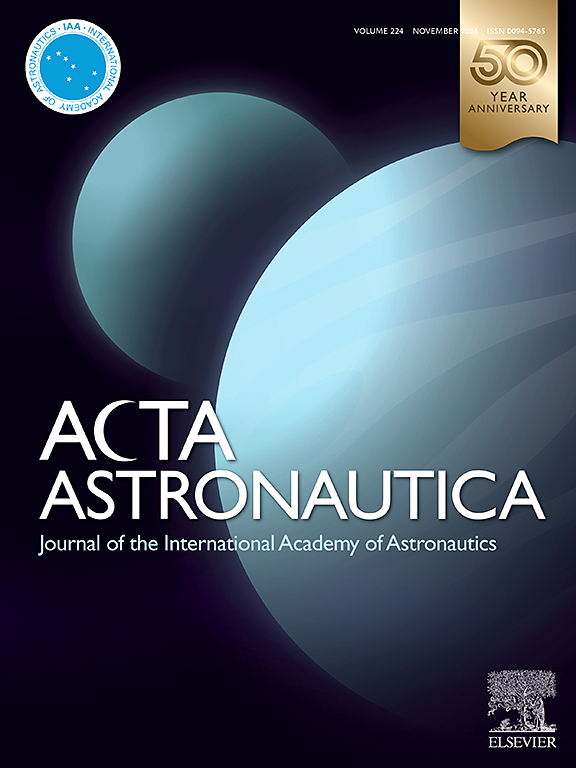Gamification in space law: A strategy to navigate the growing landscape
IF 3.1
2区 物理与天体物理
Q1 ENGINEERING, AEROSPACE
引用次数: 0
Abstract
This paper presents a comprehensive assessment of the feasibility of utilizing gamification to analyze problem issues surrounding space sustainability. It examines the psychological impact of gamification on behaviour patterns and explores various approaches to game creation based on the level of abstraction. Additionally, the study investigates different types of games and their practical application in resolving space sustainability problem issues. The study introduces a system-thinking game as a tool for understanding fundamental misconceptions related to space sustainability. The law was analyzed from the perspective of the language game and the common features of law and game were pointed out. Furthermore, the study highlights the interpretive role of current space activity as a significant mechanism for law-making, drawing from recent space law and policy documents. These findings underscore the utility of gamification for reconstructing space governance and ensuring space sustainability. Building upon the insights gathered, the concept of the game is constructed based on the PARDI framework. This framework provides the context and inspiration for all interested stakeholders to collaboratively develop a meaningful and serious game. The core gamification concept, elucidated through the lens of space activity in this publication, serves as the foundation for this co-construction. In conclusion, this research demonstrates the potential of gamification as a valuable tool for analyzing and addressing space sustainability challenges. By leveraging the PARDI framework and core gamification principles, stakeholders can actively participate in the development of a game that promotes a comprehensive understanding of space governance. Through this collaborative effort, we can pave the way for a more sustainable and responsible future in space activities, ensuring the long-term viability of human activities beyond Earth's boundaries.
求助全文
约1分钟内获得全文
求助全文
来源期刊

Acta Astronautica
工程技术-工程:宇航
CiteScore
7.20
自引率
22.90%
发文量
599
审稿时长
53 days
期刊介绍:
Acta Astronautica is sponsored by the International Academy of Astronautics. Content is based on original contributions in all fields of basic, engineering, life and social space sciences and of space technology related to:
The peaceful scientific exploration of space,
Its exploitation for human welfare and progress,
Conception, design, development and operation of space-borne and Earth-based systems,
In addition to regular issues, the journal publishes selected proceedings of the annual International Astronautical Congress (IAC), transactions of the IAA and special issues on topics of current interest, such as microgravity, space station technology, geostationary orbits, and space economics. Other subject areas include satellite technology, space transportation and communications, space energy, power and propulsion, astrodynamics, extraterrestrial intelligence and Earth observations.
 求助内容:
求助内容: 应助结果提醒方式:
应助结果提醒方式:


